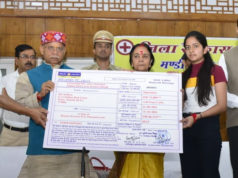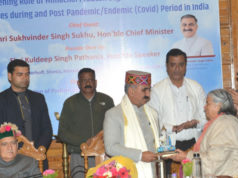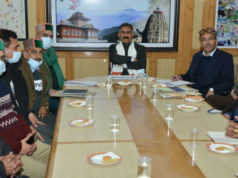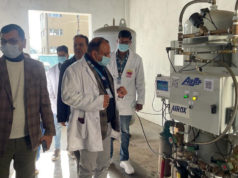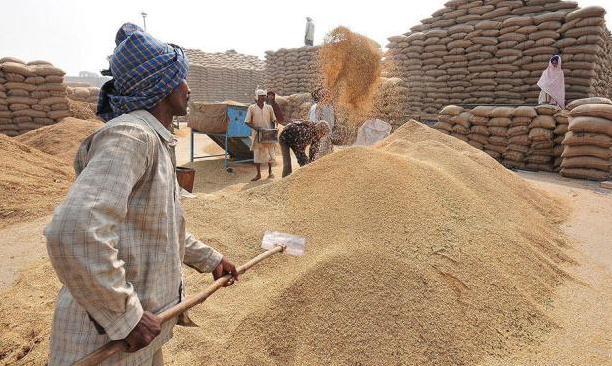Chandigarh: Even as he made it clear that he was not in favour of a complete and harsh lockdown, Punjab Chief Minister Captain Amarinder Singh on Monday warned people against laxity in adherence to the curbs imposed in the state, and said if the situation did not improve, he would be forced to consider a total lockdown.
The Chief Minister said he had so far refrained from ordering a sweeping lockdown in the state because it will hurt the poor the most and would lead to exodus of migrant labourers, plunging industries into chaos again. However, if the people do not stringently comply with the restrictions in place, harsher steps might have to be taken, he added.
The state is currently in a soft lockdown situation, with strong curbs in place, with additional restrictions imposed by the government on Sunday. DGP Dinkar Gupta told the meeting that all measures were being taken to enforce the current curbs strictly.
Chairing a Covid review meeting, the Chief Minister ordered a stop on all take-away deliveries from restaurants. Only home deliveries of food should be allowed, he directed the officials.
Asserting that he will not allow Punjab to go the way of some other states, where patients could be seen lying out on the roads, Chief Minister said Industry should be encouraged to use their CSR funds for vaccination and treatment of their labour suffering from mild or moderate illness, so that they can stay at home, thus reducing pressure on hospitals.
Underlining the need to step up preparedness amid projections of a peak in the coming days, the Chief Minister ordered 20% increase in bed capacity in the next 10 days. He directed the Health and Medical Education departments to get stadiums, gymnasiums and other such places ready to house patients. Tented camps should be set up, and gyms/halls should be converted into L2 and L3 facilities, he said, adding that “we have to be prepared for the worst.” He also directed use of staff from rural development and other departments to augment the workforce for tracing of Covid contacts in rural areas.




